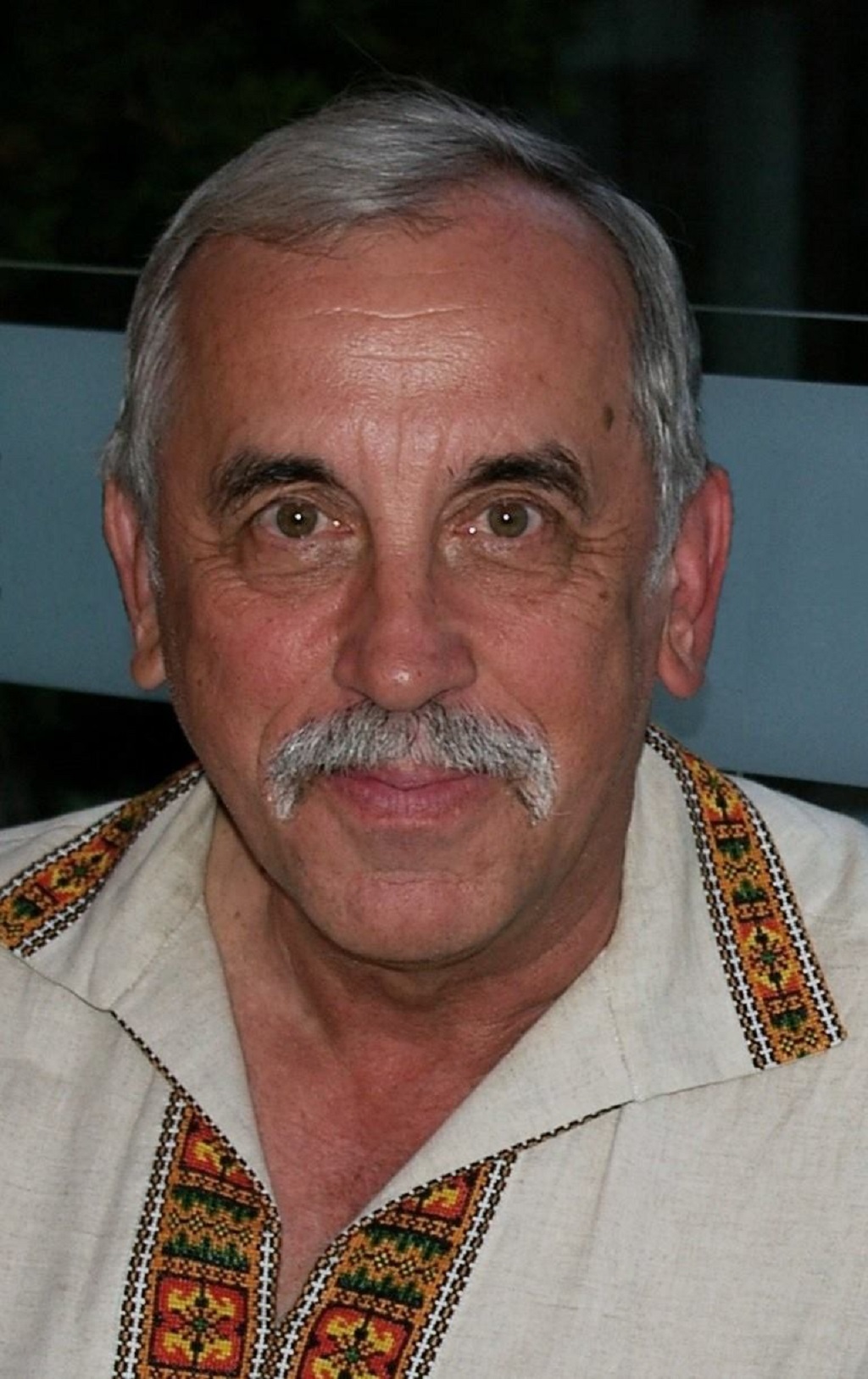Volodymyr Kish.
This past September 28th was celebrated by those in the journalism world as World News Day. An initiative of the Canadian Journalism Foundation and the World Editors Forum, the day is intended to highlight “the importance of having reliable sources of information and news”. In an era where accusations of “fake news” proliferate, where Putin’s trolls regularly spread misinformation and outright lies, where FOX News in the U.S. has become a venomous mouthpiece of ultra right-wing crackpots, and where the Internet is filled with a torrent of questionable content masquerading as information, it is appropriate that we pause and take stock of what has happened in recent decades to what was once the news industry.
Knowing what is going on in the world around us is a vital necessity as we go about the making all the daily decisions about what we do with our lives. Some decisions are short term and fairly trivial, such as what we are going to wear today, which is largely determined by checking what the weather is going to be like outside. We get this from the weather forecast, either on the radio, TV, newspaper or an app on our smartphone. Generally speaking, the weather forecasts are fairly accurate, within a small margin of error, and we trust the information they provide us. It is based on hard science, relevant data gathering and observations, and a knowledgeable interpretation of the facts.
Other decisions that we make can be far more consequential and long lasting, such as who we vote for to be the leader of our country, or any of the other levels of government for that matter. That decision can significantly affect our finances, our rights and freedoms, our security, our health and welfare and potentially our very lives. Obtaining and understanding all the relevant facts and data about political candidates and their platforms can be crucial to our having a viable and successful future. We get this information from various forms of news media.
During my own lifetime, my primary sources of news have changed significantly. I remember that my father’s main source of news was newspapers, and he usually read more than one, appreciating the value of having a diversity of sources. Eventually that changed to radio and TV as those technologies evolved and became more readily available. I can remember that sitting down to watch the six o’clock or 11 o’clock news on the TV became almost a sacred ritual. The CBC news was authoritative and trusted, and their news anchors were larger than life icons – names such as Earl Cameron, Lloyd Robertson, Knowlton Nash and Peter Mansbridge. Occasionally, we would watch the news on one of the American networks where such prominent personalities as Walter Cronkite or Huntley and Brinkley were highly influential in establishing high standards and respect for the news industry.
Although radio and TV were providing stiff competition, printed newspapers continued to flourish, relying on their ability to provide wider and more in-depth coverage on issues of the day. In Canada, papers such as The Globe and Mail, The Toronto Star, The Winnipeg Free Press and Le Devoir had large circulations and considerable influence. In the United States, the New York Times, the Washington Post, the Wall Street Journal and the L.A. Times were hugely successful and had large and loyal followings.
Although there was a fair amount of choice as to your primary source for news, the one thing that was consistent was that you could for the most part trust the integrity of the facts that were presented. Although certain newspapers may have had a certain bias or political slant, you could rely on them to present you with the essential facts, and not unduly distort or misrepresent what was going on. There were op-ed pieces that did analyze, interpret and render judgments on the facts presented, but these were clearly delineated as opinion pieces, and one was free to accept them or not.
With the advent of the internet, all of this has changed radically, and unfortunately not for the best. Now anyone with access to the internet can create “news” and disseminate it across the world without any editorial controls or standards. We are now faced with a torrent of disinformation, misinformation and outright lies and fabrications masquerading as news. Sadly, it is not only rogue but powerful players such as Putin’s Russia that are manipulating the news for their malicious ends, but even political parties, corporations, and organized groups of all kinds in the western world that are taking to the Internet and sowing chaos and confusion with fabricated or “fake” news. We are living in an increasingly “polluted” news world.
All this points to a real need for us as news consumers to be extremely careful and discriminating about what we accept as “news”. We need to rigorously check on the source and provenance of any news channel. We need to be discriminating about who we trust, and that trust must be based not on our particular biases or political beliefs, but on the basis of verifiable facts, transparency and impartiality and independence of the news provider. We must pay the same attention to the quality of the news we consume as we do the quality of the air we breathe or the water we drink. They all have the same potential to substantially affect our lives.
Share on Social Media


































